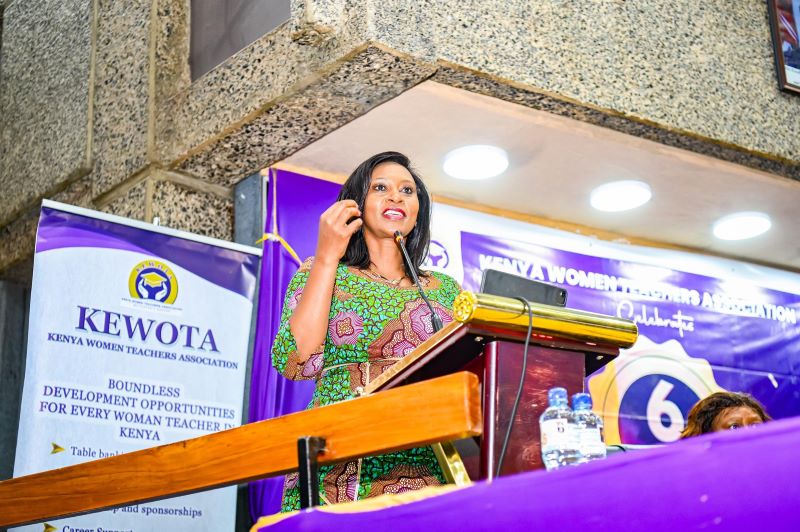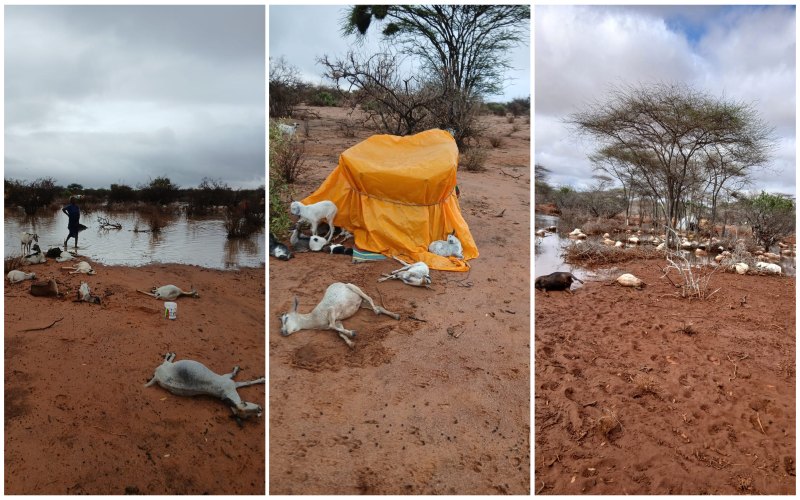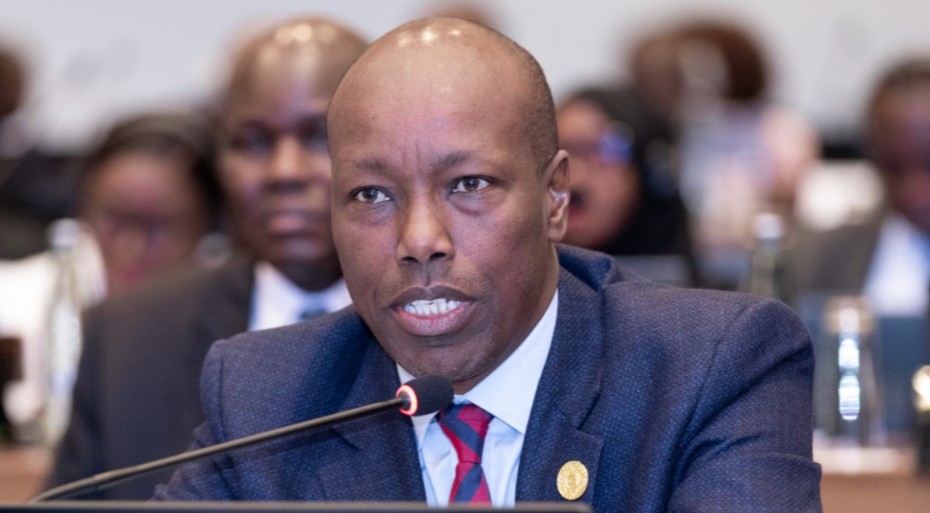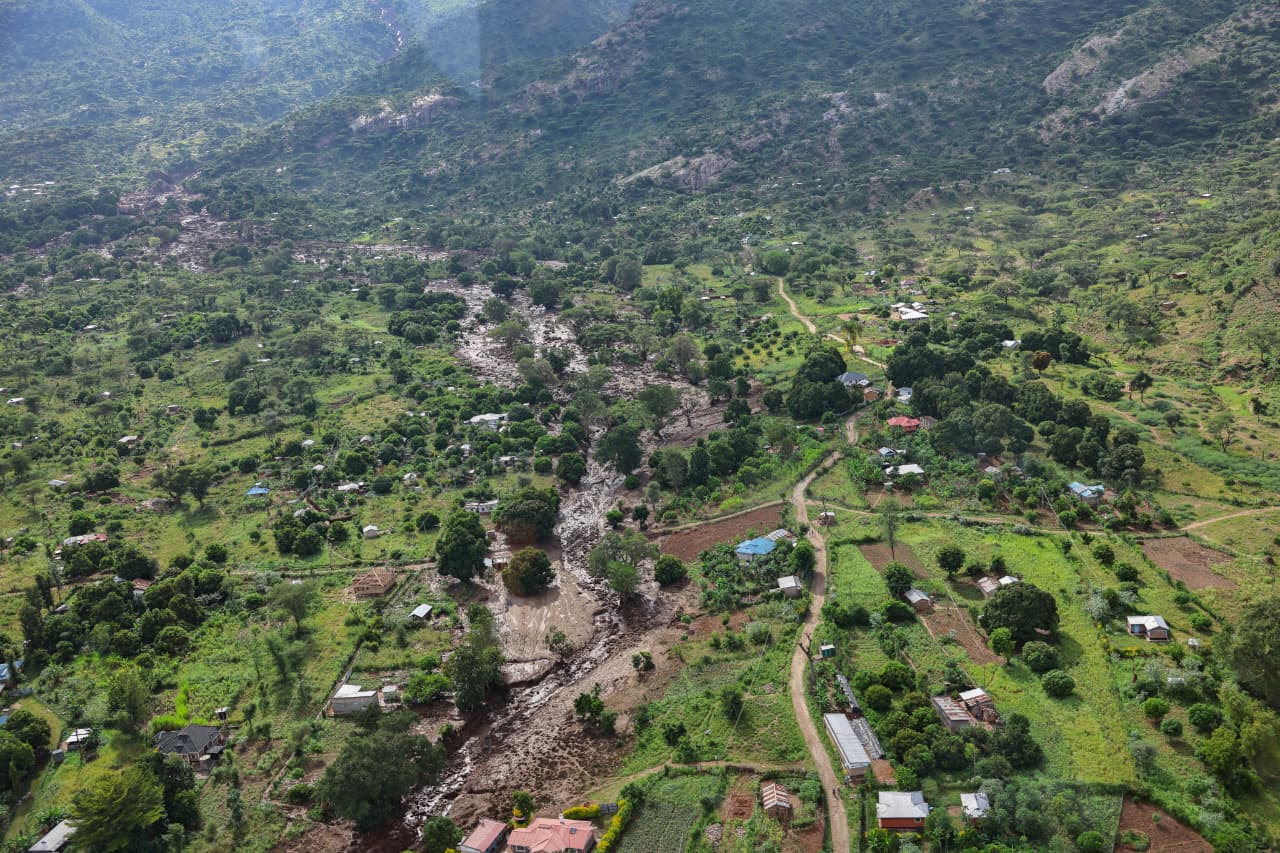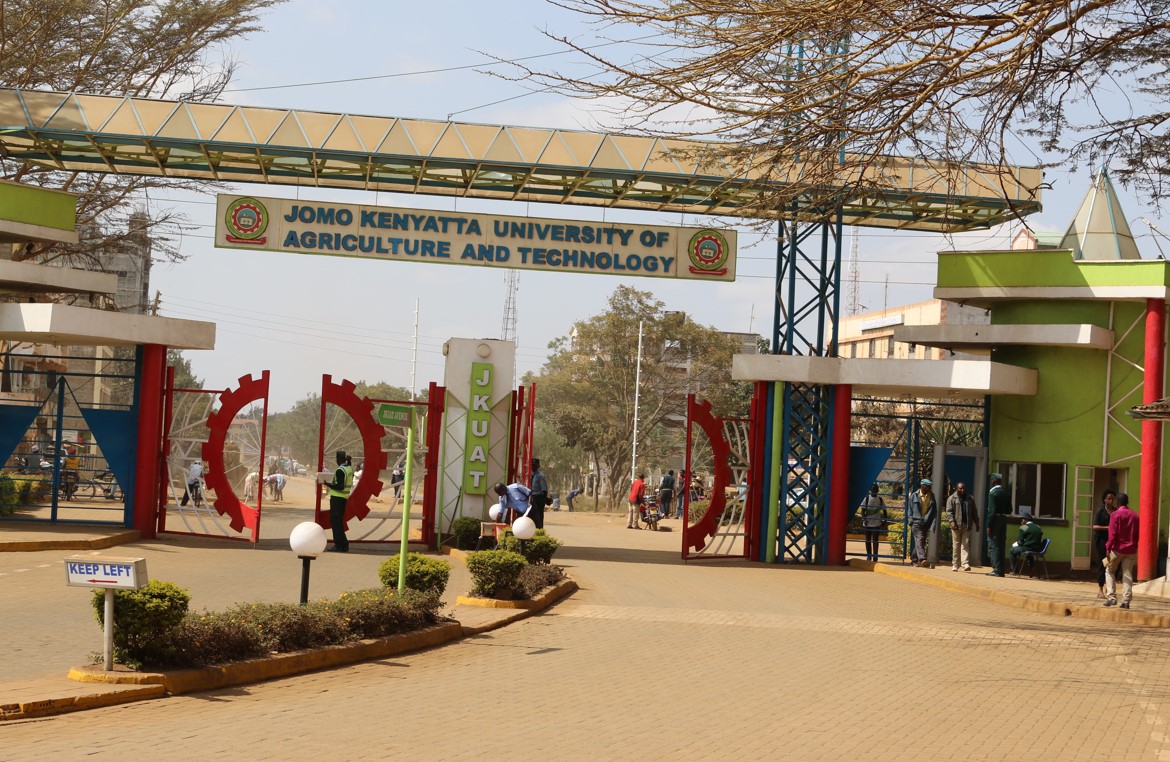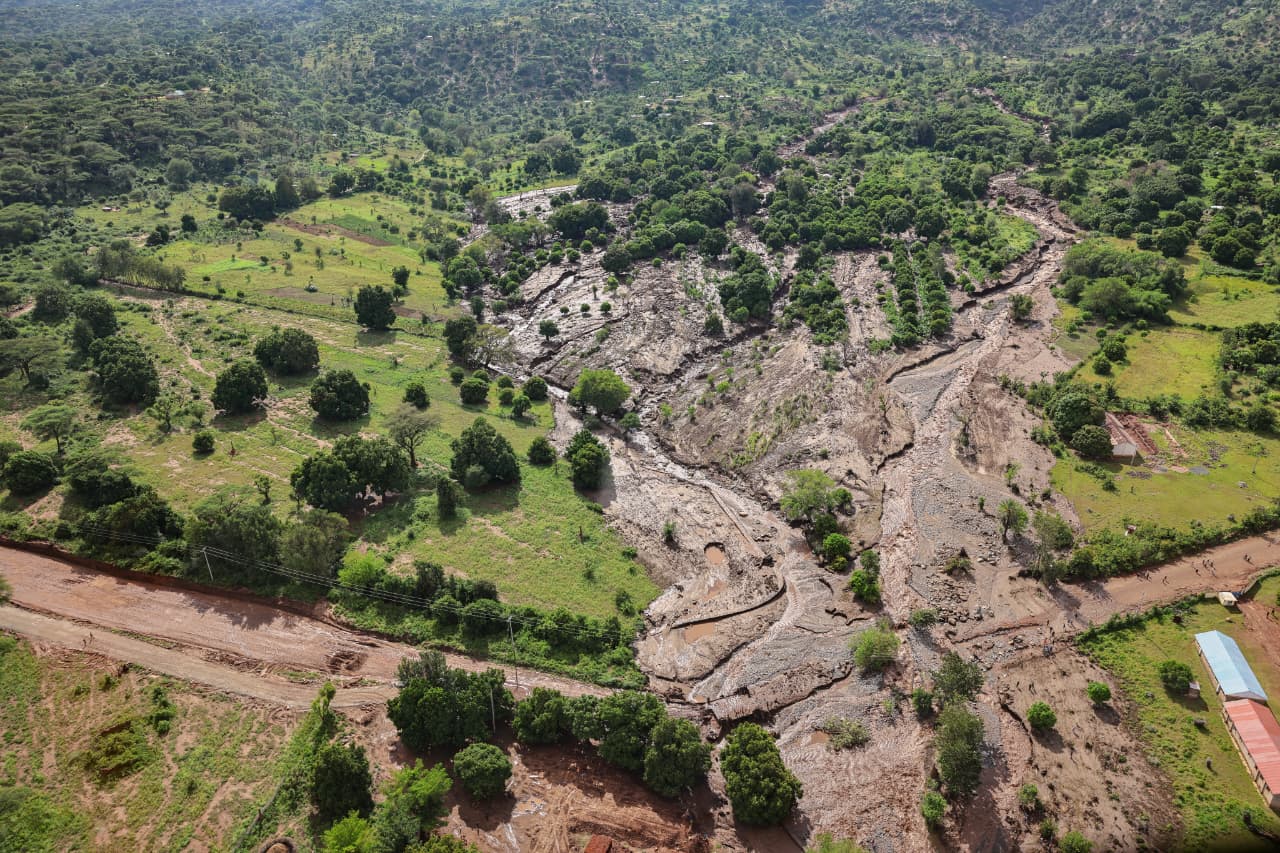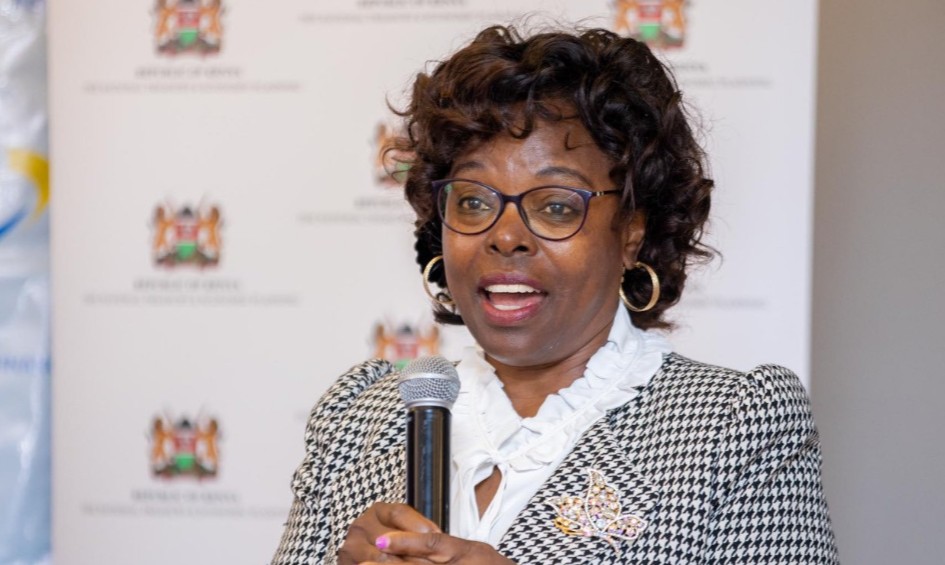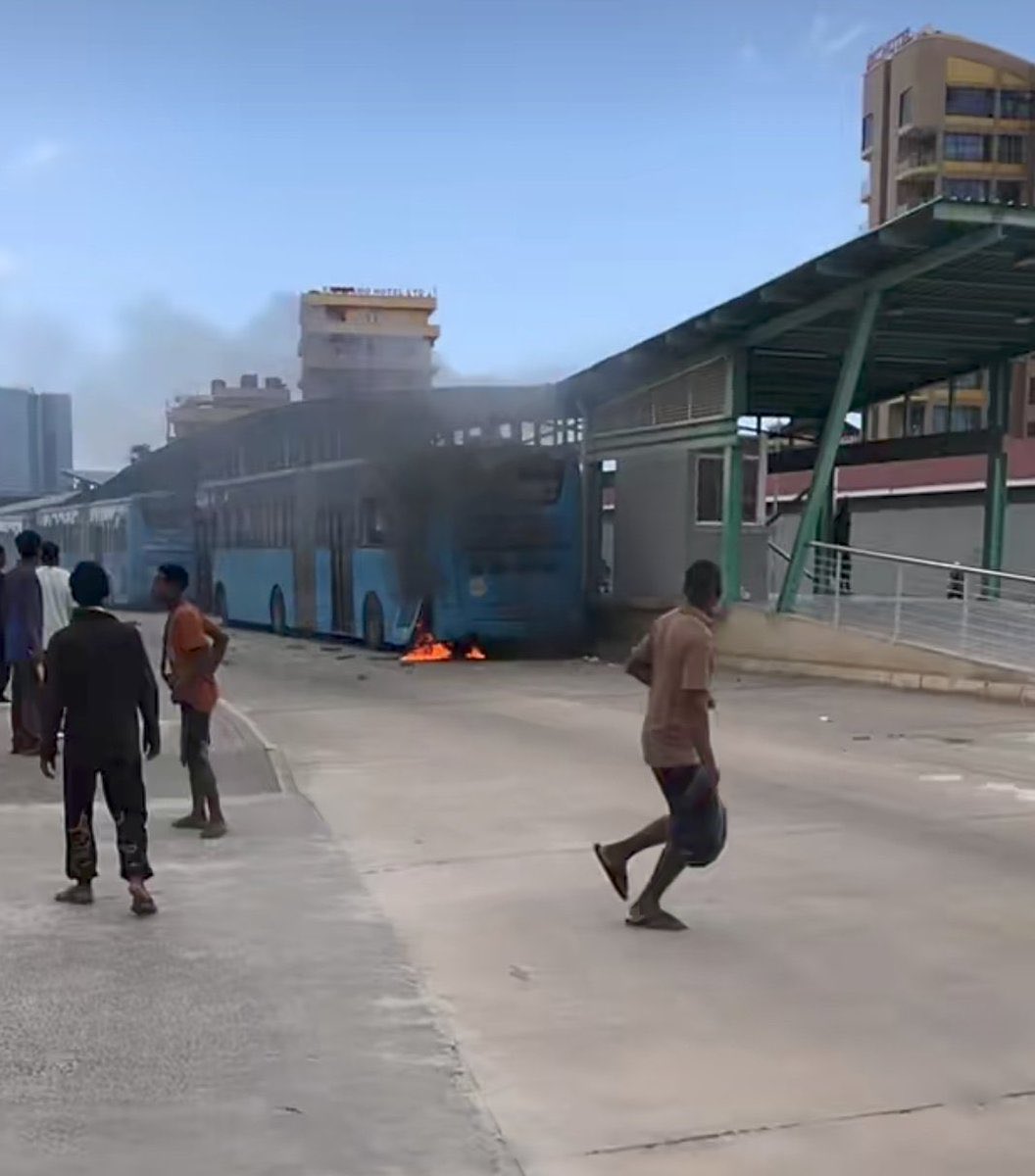Ethiopia has failed to unite citizens - President Sahle-Work Zewde

For two years until November last year, a brutal war pitted the federal army, backed by regional militias, against the authorities in the northern Tigray.
Ethiopia's President Sahle-Work Zewde on Monday said Africa's second-most populous country had failed to create a "national narrative" to unite its citizens thus leading to wars.
The nation of 120 million people and a mosaic of more than 80 ethno-linguistic communities, has in recent years been troubled by sometimes deadly conflicts over administrative divisions and associated disputes over territory.
More To Read
- Ethiopia cuts foreign debt by Sh2.4 trillion as PM Abiy touts economic independence
- South Sudan, Djibouti, Ethiopia and Uganda seal deal on Horn of Africa transport corridor
- Four-country study finds worrying issues with cancer drug quality in Africa
- Ethiopian quarter: How migrants have shaped a thriving shopping district in South Africa’s city of gold
- Ethiopia leads African Union’s drive for continental railway connectivity
- Passenger train derails in eastern Ethiopia, leaving 14 dead and many hurt
"We have not succeeded in creating a national narrative that would bring us together," SahleWork told the opening session of parliament.
"We have not succeeded in establishing a state system acceptable to all of us," said the leader who holds a largely ceremonial role.
The former government, ruled by Tigray's minority ethnic elite, clamped down on any claims of ethnic identity, sometimes violently, during its 27-year rule.
The appointment of Prime Minister Abiy Ahmed in 2018, following several years of antigovernment protests, breathed new life into autonomy bids and identity-based claims.
"We have remained divided and have failed to accommodate our differences, resulting in conflicts and wars with irreplaceable costs," said Sahle-Work.
For two years until November last year, a brutal war pitted the federal army, backed by regional militias, against the authorities in northern Tigray.
At the end of December 2021 and at the height of the fighting, the central government set up a dialogue commission to "lay a firm foundation for national consensus and the building of a State with strong legitimacy."
The much-criticised commission only recently began selecting participants for the dialogue. The Tigray conflict, which by some estimates claimed hundreds of thousands of lives, was halted by a November 2022 peace deal signed in South Africa.
But Ethiopia remains torn by political violence, identity and territorial disputes.
"The National Dialogue Commission will step up to undertaking practical dialogue processes
among all Ethiopian citizens this year," said Sahle-Work.
She added: "This will open a significant opportunity to build an all-inclusive and peaceful
state".
Ethiopia is divided into regional states along ethnic and linguistic lines. They vary greatly in territory and population, though each enjoys a level of self-rule from Addis Ababa.
Top Stories Today
